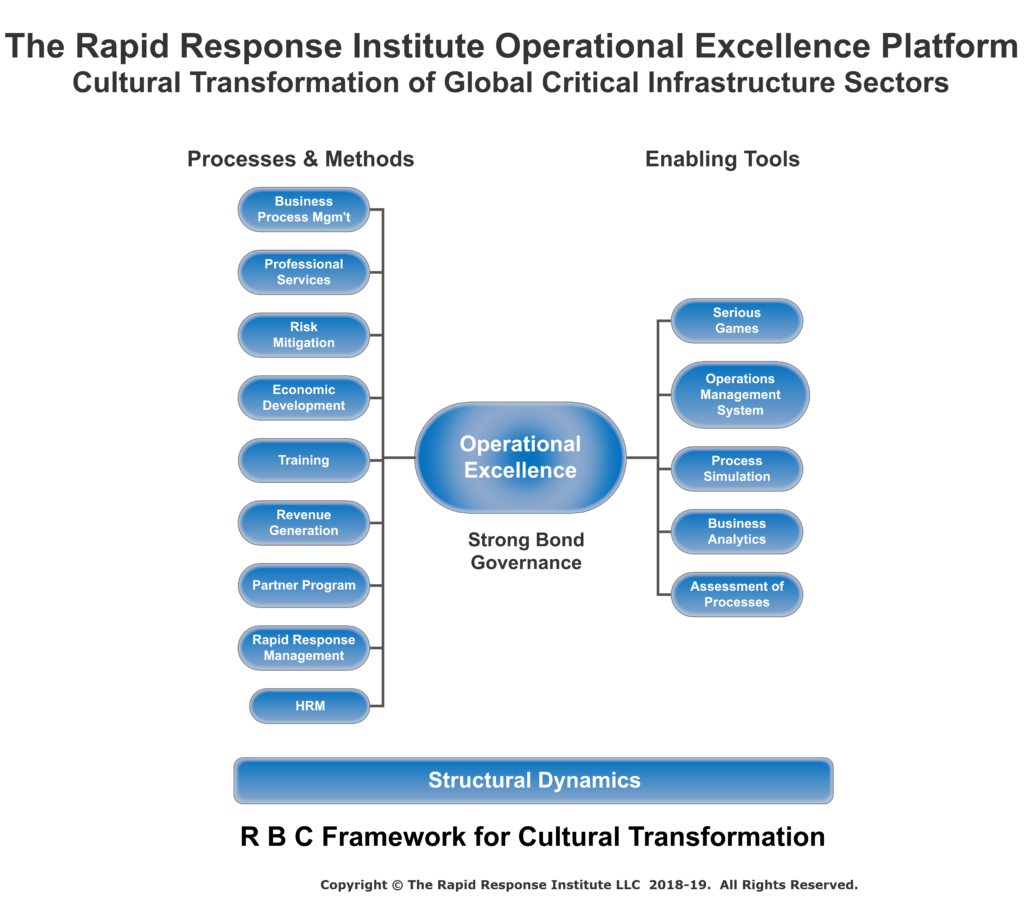It is hard to believe we are now 19 years into the century. Seems like only yesterday we were worried whether the lights would stay on at Y2K.
Each year many of us promise to do better at a list of things, some personal and some professional. Some days or weeks later, some or all of our resolutions go unmet.
For many heavy industry sector firms, January 1st is also the start of a new fiscal year. New budgets will be released, and management will extol their workforce to meet new (possibly stretch) targets.
If the equity markets are a barometer of things to come (leading indicator), then the Conditions organizations will find themselves in will most likely be volatile and some segments may even face significant challenges.
For example, WTI crude oil closed on January 4th at US$ 47.96/bbl. Some are bullish on this sector, with an expectation higher prices in the future. History has shown this faith may not bear out.
Regardless, organizational Behavior will need the flexibility to adjust in a process relevant time frame as conditions change. The resulting Relationship with the firm’s ecosystem is a function of the behavior in the conditions or market circumstance.
In other words, the R B C Framework is applicable in our everyday corporate life. Why is this important?
One way to view the global marketplace is one of continual change. Often purveyors of Change Management/Organizational Transformation present this as a point in time. Statements about continuous improvement are seemingly afterthoughts.
We have developed an Operational Excellence Platform, as depicted in the following figure. Please note that it is built upon the R B C Framework.

Since the nature of Relationships across the organizational ecosystem will continuously evolve based on the marketplace, it follows that maintaining Operational Excellence depends on these tree factors. Safe and profitable operations on strong, positive relationships.
How well does your organization understand the R B C Framework for its ecosystem?
Further Reading
The author and others have published extensively on this subject. The list of appropriate articles and papers is too extensive to list here. However, readers are invited to peruse Dr. Shemwell’s extensive list of blogs and publications.
See our Economic Value Proposition Matrix® (EVPM) for additional information and a free version to build your own EVPM.
For further information Contact Us.
